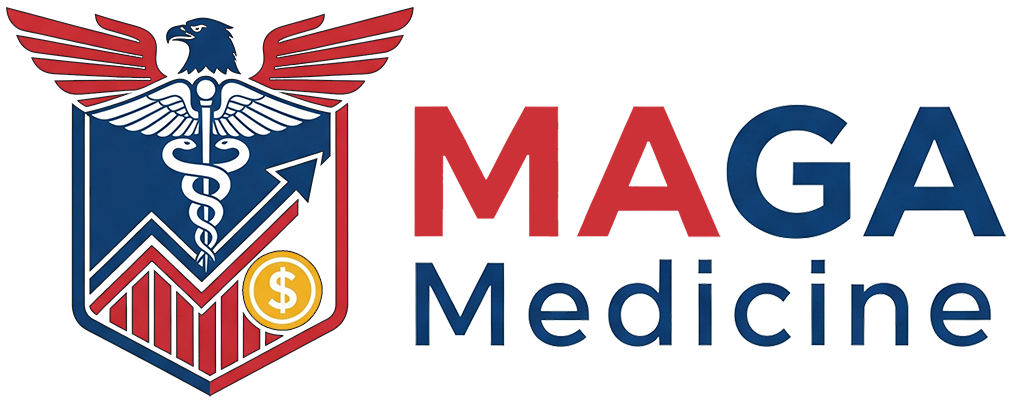It could be the longest wait they’ll ever know.
Over 11,000 liver transplants were performed last year in the US, while thousands more patients remained in limbo. Others dropped off the waitlist because they got too sick — and an estimated 2,000 died waiting.
Now, a UK-based biotech company aims to make liver transplants — and the long waitlists for them — a thing of the past.
Ochre Bio is testing potential therapies for chronic liver disease at a cutting-edge lab in NYC that keeps donated human livers on life support.
“We have technologists, we have scientists,” Dr. Quin Wills, Ochre’s co-founder and CEO, told The Post. “We have surgeons keeping these human livers alive so we can study how to repair them and regenerate them.”
While often overshadowed by heart disease and cancer, chronic liver disease and cirrhosis is a leading cause of death that kills roughly 50,000 Americans each year.
Much of the blame lies with alcohol abuse and fat accumulation in the liver, which can damage liver cells and lead to scarring (aka fibrosis).
The only definitive cure for end-stage liver disease is a liver transplant, but supply is limited. Despite the long waits, some donated livers are destined for the trash.
“Maybe they couldn’t match them to a donor on time, couldn’t get them out on time,” Wills explained. “And if the donor consents for their organs to be used for research, we’re able to … take the livers.”
Founded in 2019, Ochre has research labs in the UK, Taiwan and NYC.
The work starts at the cellular level in Oxford, where Ochre is headquartered.
“In the UK, it’s more about human cells that we use … to build the basic blocks of the organ,” Wills said.
“And in Taiwan, we’ve set up a clinical network where if you have surgery in some of the Taiwanese hospitals and you consent, we’re able to take a small biopsy from your liver. Each one of those biopsies can be turned into about 50 little, mini, micro livers that we then study in the lab.”
The approaches that Ochre is studying include stopping liver cells from dying, improving scarring and actually regenerating livers within the human body as part of a partnership with German pharma Boehringer Ingelheim.
When the team feels confident it’s nailed the basics, the drug candidate is tested on a liver in the NYC lab, which relocated on Tuesday from start-up space to much larger digs at the Alexandria Center for Life Science.
Ochre has the capacity to keep a few livers alive at the same time, usually for five days. The tissue is cultured for another five days to evaluate how the therapies would work.
“In many ways, New York is about running the clinical trial before the clinical trial,” Wills said.
Wills is most optimistic about the technique of preventing cell death to address early fibrosis. Dying liver cells drive harmful inflammation that fuels chronic liver disease.
He hopes to start clinical trials in two years — and the NYC lab is a key part of that strategy.
“It is ground-changing,” Wills said.
“There is nothing else like this out there where we’re able to directly study [a] human organ in clinical trials before clinical trials, almost re-engineering human organs, learning to do it on a machine before we do it inside a human body.”
Read the full article here
